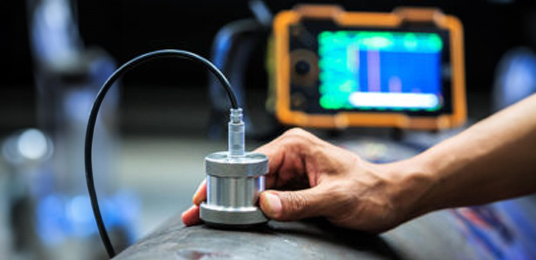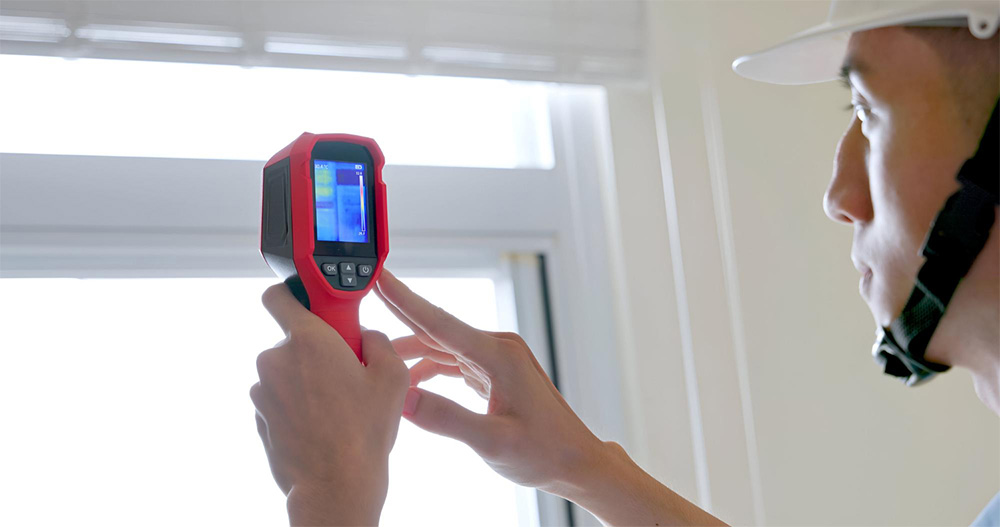Plumbing Inspection
Ensure Smooth Flow. Prevent Costly Leaks.
Plumbing problems rarely give warnings before turning into disasters. That’s why at BPHomes, we’ve developed a structured and in-depth plumbing inspection service that checks every critical point of your home’s water system—supply, drainage, heating, and beyond. From pressure inconsistencies to silent leaks and outdated valves, we help homeowners identify issues before they escalate.
Overview Service
Why You Need a Plumbing Inspection
Hidden issues cause real damage. Many leaks go unnoticed until they result in mold, inflated water bills, or structural problems.
Homeowners lose money every day. A single dripping tap can waste thousands of liters annually—draining both water and your budget.
Modern plumbing systems need regulation. Water pressure, outdated fittings, or incorrectly installed appliances can shorten your plumbing system’s lifespan.
Safety is non-negotiable. From contamination risks to burst pipes, regular inspections are critical to a safe living space.

Service Benefits
Key Benefits
- Prevent Water Damage: Identify hidden leaks, faulty fixtures, and poor drainage before they cause mold or structural deterioration.
- Save Money: Reduce water wastage and avoid major repair bills through early detection.
- Ensure Efficiency: Optimize water pressure, appliance performance, and heating system reliability.
- Protect Health: Prevent contamination risks and maintain hygiene with proper drainage and moisture control.
- Increase Property Value: A well-maintained plumbing system strengthens resale prospects and buyer confidence.
What we Check?
We perform over 18 critical tests in our plumbing inspection, covering:
Water supply & pressure systems
Faucets, taps, showers, and sanitary fixtures
Toilets and flush mechanisms
Drainage & sewer performance
Leak detection across all joints and hidden zones
Hot and cold water supply systems
- Water heater functionality
Dishwasher and washing machine plumbing
Garbage disposal unit
Under-sink, ceiling, and wall damage detection
Tank inspections (overhead, underground, and cistern)
Each test is conducted using industry-approved tools like pressure gauges, moisture meters, thermal scanners, and dye testing—ensuring nothing goes unnoticed.
How Its Work
How It Works
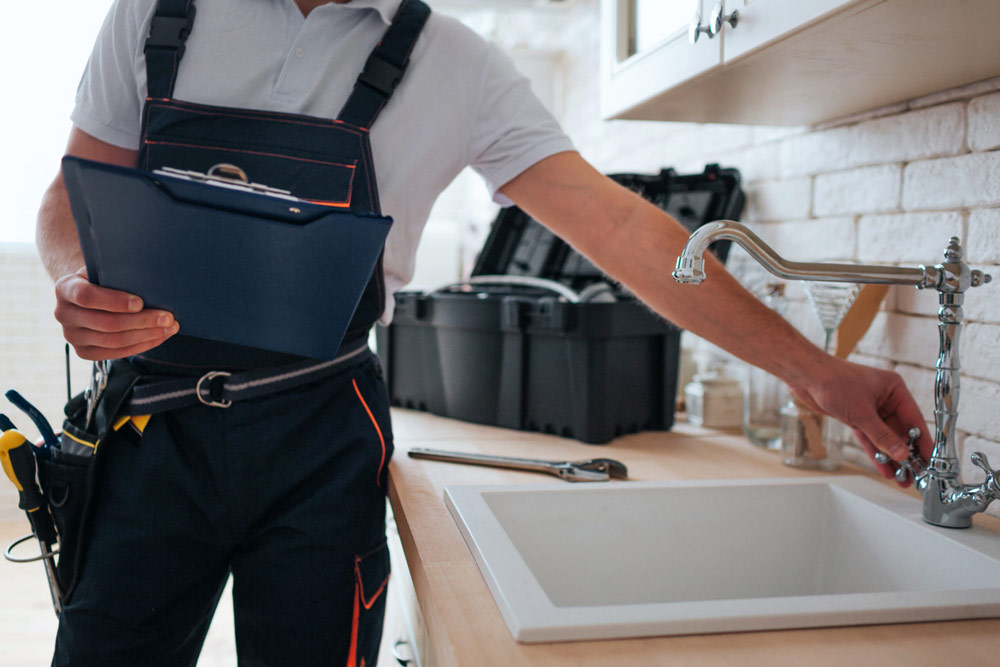
01
Appointment Booking
Schedule your preferred date and time.
02
On-site Visual & Diagnostic Inspection
Our certified inspectors assess all relevant fixtures and systems using advanced tools.
03
Comprehensive Reporting
Within 24–48 hours, receive a clear digital report with photos, findings, and recommendations.
04
Support & Advisory
Post-inspection consultation to explain findings and help you decide next steps.
What People Say
Client Testimonials
As a builder, getting an independent inspection helped us catch issues we hadn’t noticed before handover. Our clients were impressed by the transparency.
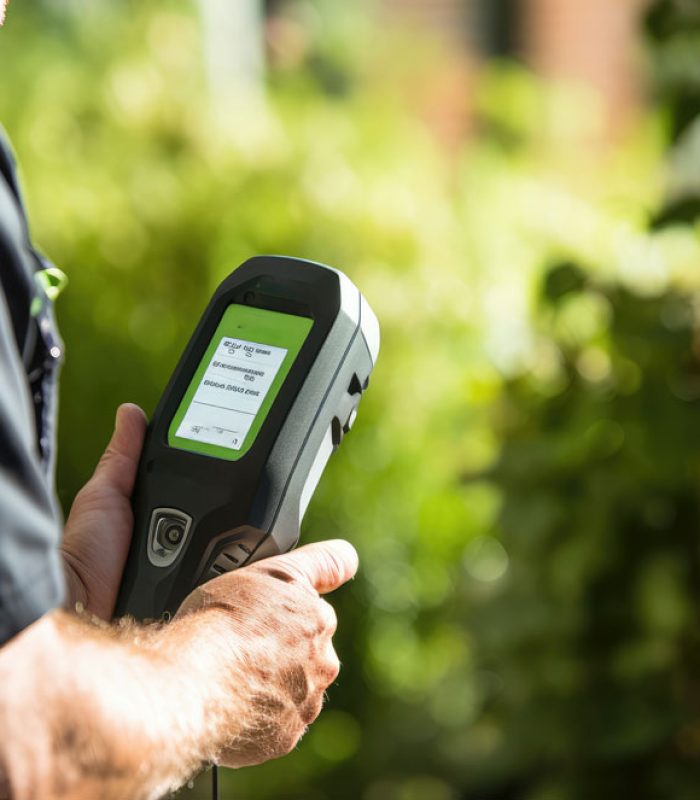
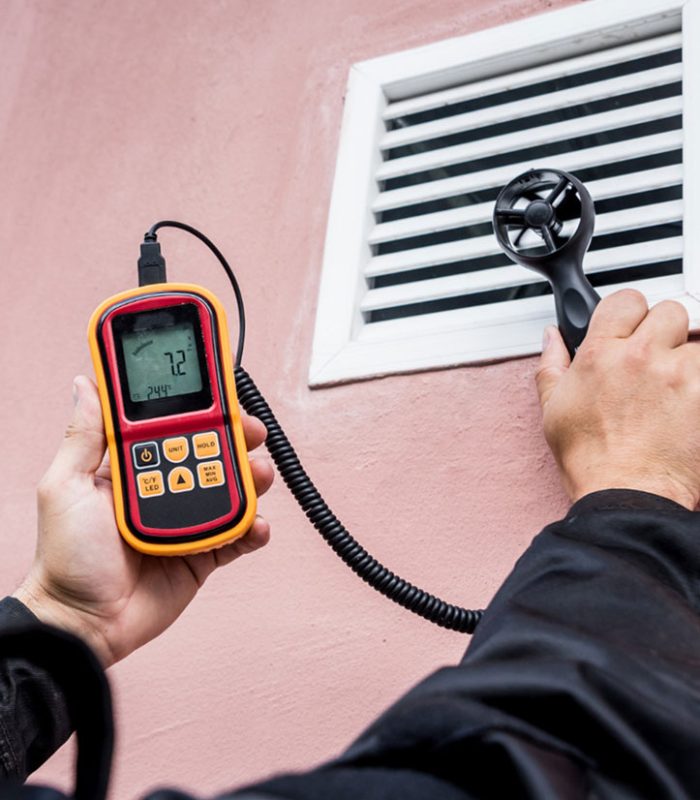
Contact Us
Schedule Your Inspection Today
Secure your investment with a professional home inspection from BPHomes. Contact us to schedule an appointment and take the first step toward a confident home-buying experience.
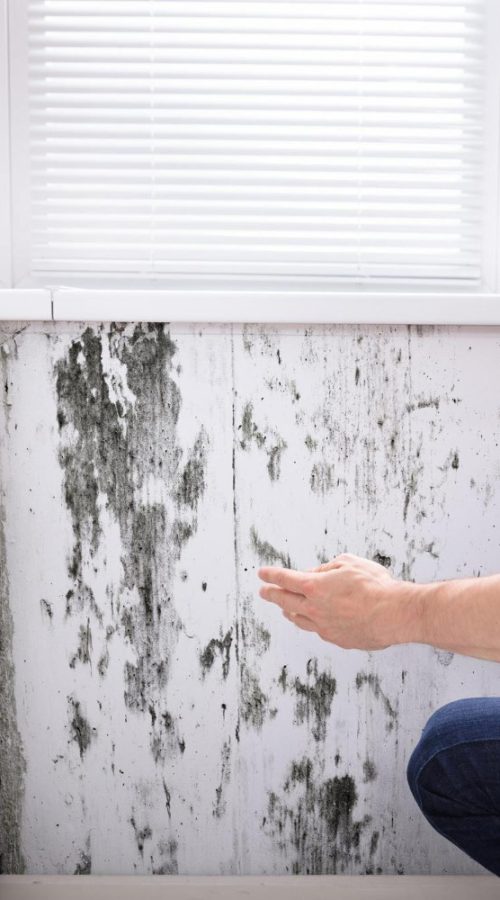

FAQs
A plumbing inspection is a detailed evaluation of a property’s water supply, drainage system, fixtures, and overall plumbing integrity.
It helps detect hidden leaks, potential pipe failures, water pressure issues, and drainage inefficiencies before they become costly problems.
At least once a year for preventive maintenance, and before buying or selling a property.
- Water supply pipes
- Drainage system
- Water heaters
- Faucets and fixtures
- Toilets
- Kitchen and bathroom plumbing
- Outdoor plumbing (if applicable)
A standard inspection usually takes between 1-2 hours, depending on the property size and plumbing complexity.
- No, a standard plumbing inspection is non-invasive unless a major issue is suspected.
Basic checks can be done, but a professional inspector is trained to spot hidden issues that may go unnoticed.
- Pipe leaks
- Low water pressure
- Corrosion and rusting
- Clogged drains
- Faulty water heaters
- Running toilets
Basic inspections may check for discoloration or odors, but a full water quality test is a separate service.
Follow the inspector’s recommendations, which may include repairs, replacements, or maintenance work.


